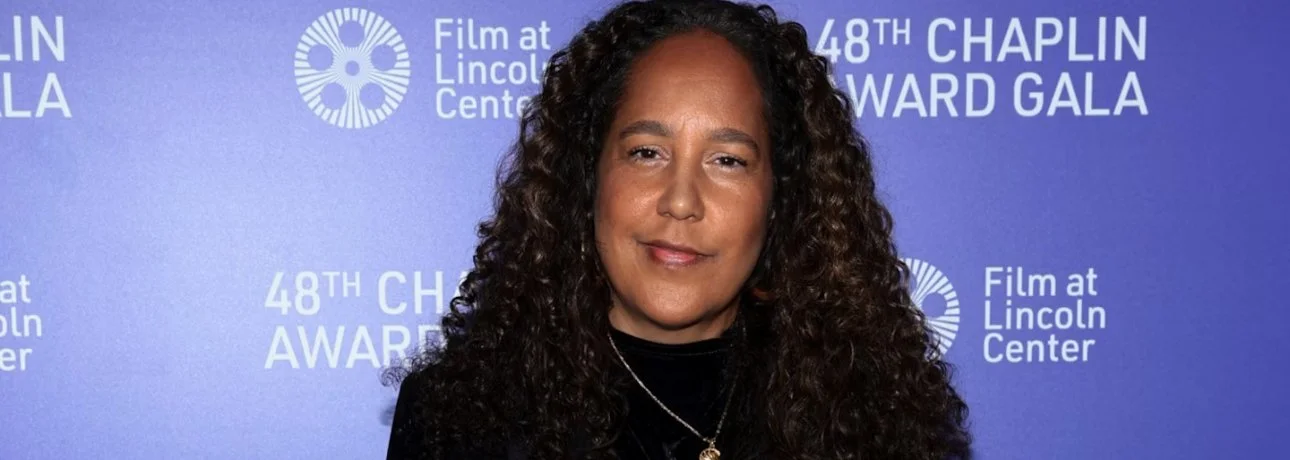The Oscars have become nothing more than a virtue-signaling contest. If you don’t believe me then just look at this year’s Best Picture nominees. Sure, the quality of American cinema sank to new lows during the COVID-19 pandemic, with big titles constantly delaying their release dates to the point where we will most likely be seeing the best movies that were supposed to come out in 2020 and 2021 in … 2022.
And so, in the BLM/George Floyd era of things, Oscar has decided to go down the virtue signaling route. There is a strong movement towards inclusivity with this year’s nominees. Why? Actually, the question should be, why not? Oscar voters have decided to go the political route because, truth be told, there isn’t really a movie this year that any of the voters could gather around and embrace the way they have with past Best Picture winners. Lack of quality results in more politically virtuous intentions.
Don’t get me wrong, quality can be found in some of the 8 Best Picture nominees, but the broader public has no doubt noticed how “woke” they all are — mainstream audiences must feel like the Oscars are controlling what people MUST like and it will no doubt result in record-low ratings again this year. There is nothing more ingratiating than a group of privileged elites talking down to an audience — the ultra political voting bodies in Hollywood are turning off, at least, half of America.
Even so, you’d think that since they went the political route this year then maybe the Oscars could have virtue signaled a tad better and chosen left-leaning films that, you know, we’re actually some of the best films seen in 2020; if I had to choose this year’s Best Picture slate then it would surely include artful triumphs such as Steve McQueen’s “Lovers Rock,” Eliza Hittman’s “Never Rarely Sometimes Always,” and Kelly Reichardt’s “First Cow.”
What we are left with instead is possibly the worst batch of Best Picture nominees since the heyday of silent to talkie transitions; the picturesque and all-too-neat depiction of middle Americans in “Nomadland,” the jumbled, and mumbled, incoherence of “Judas and the Black Messiah’s” narrative, the ‘90s-era theatrics of “Trial of the Chicago 7,” the cutesy immigrant storytelling of “Minari,” and David Fincher striking out with “Mank.” And, really, who cares if some of these movies are directed by female directors and tackle such hot-button topics as race-relations, social Justice, immigrants and black power — if they’re not that good, all of these political ambitions turn out to be to absolutely mute.
However, it’s not all bad, inventive storytelling could be found in Florian Zeller’s “The Father,” and Darius Marder’s “Sound of Metal,” but both films don’t have a wisk of a chance to win the Best Picture prize. Why? Maybe because there is no political agenda in them and right now in Hollywood it’s all about getting points by showing off just how aware you are about “woke” politics.






